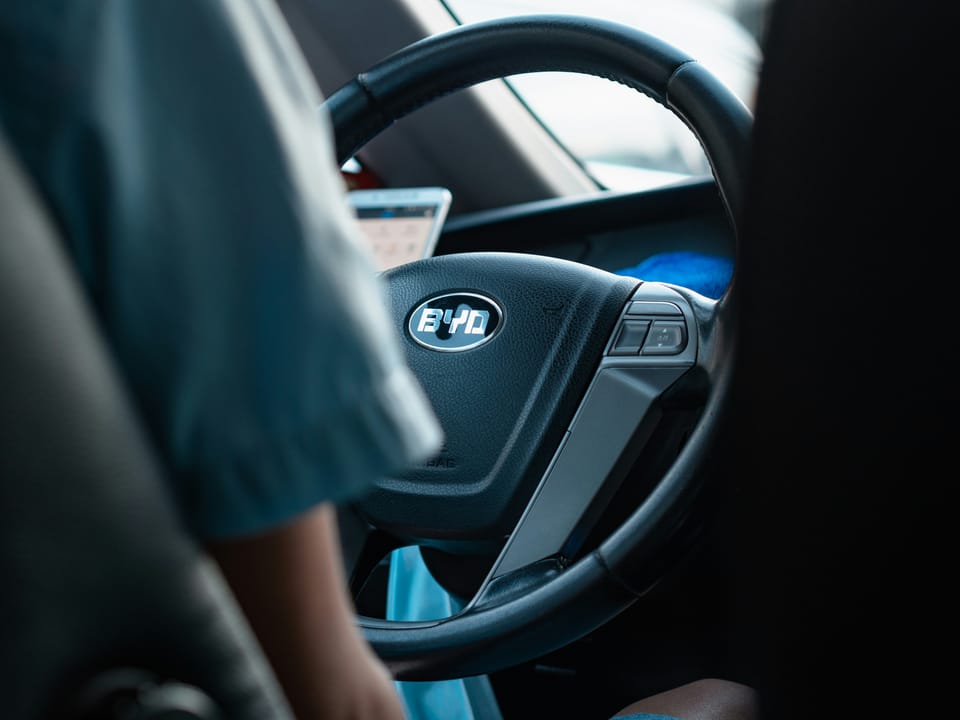Uber partners with BYD to bring 100,000 EVs onto roads

Ride-sharing app Uber has formed a partnership with Chinese electric vehicle maker BYD to bring 100,000 EVs onto roads in Europe, Latin America, the Middle East, Canada, Australia and New Zealand.
The collaboration will support Uber drivers in transitioning to electric vehicles thanks to pricing discounts on charging, vehicle maintenance, or insurance, as well as financing and leasing options, bringing down the total cost of EV ownership.
Uber says it is the ride-sharing app with the most widely available on-demand EV network, with drivers switching to EVs five times faster than private car owners – but the price of EVs and the lack of financing options are still barriers to adoption.
“When an Uber driver makes the switch to an EV, they can deliver up to four times the emissions benefits compared to a regular motorist, simply because they are on the road more. Many riders also tell us their first experience with an EV is on an Uber trip, and we’re excited to help demonstrate the benefits of EVs to more people around the world,” said Dara Khosrowshahi, CEO of Uber.
The two companies will also collaborate to deploy future BYD autonomous EVs on the Uber platform. However, the partnership will not expand to the US, where President Biden recently raised the tariffs applied to Chinese-made EVs from 27.5% to 102.5% – effectively pricing the likes of BYD out of the US market.
BYD expansion: vertical integration and low prices
The financial benefits offered to drivers wanting to transition to EVs is possible in part because BYD vehicles are more affordable than other brands – its cheapest model is priced at about US$10,000 in China. This is largely due to the company’s strategy of vertical integration: on top of EVs, BYD makes its own semiconductors, LEDs, lighting, batteries and transmissions, as well as operating its own car shipping and owning stakes in several lithium miners in China, Chile – and soon Brazil.
In the last quarter of 2023, the Chinese manufacturer sold 526,000 battery-only cars – overtaking Tesla in number of EVs sold for the first time.
However, BYD scores very poorly when it comes to monitoring and assessing biodiversity, deforestation and Indigenous rights risks in its supply chain, ranking last among 19 EV and battery manufacturers on responsible sourcing policies and transparency – while Tesla ranked first.







Member discussion